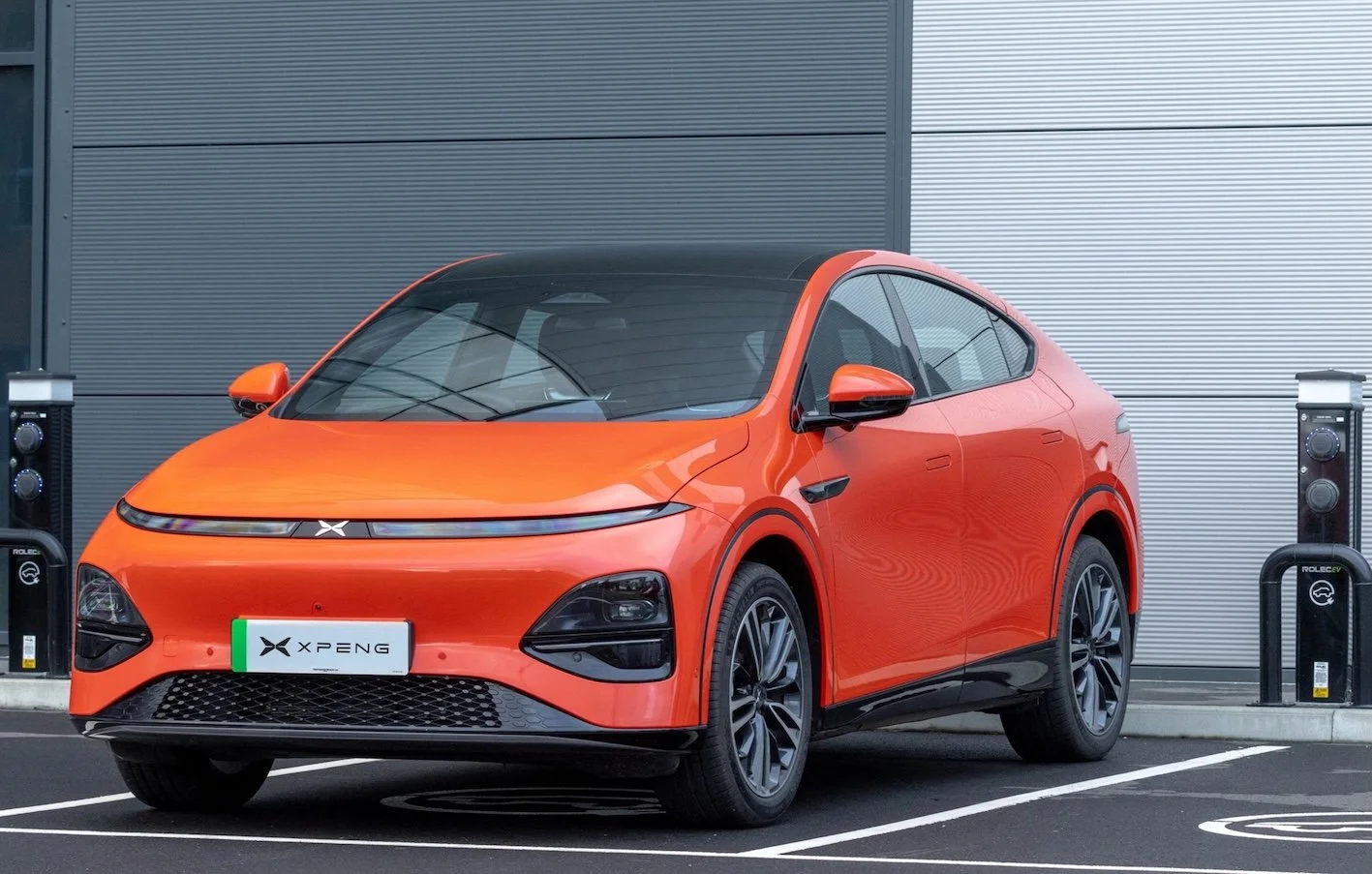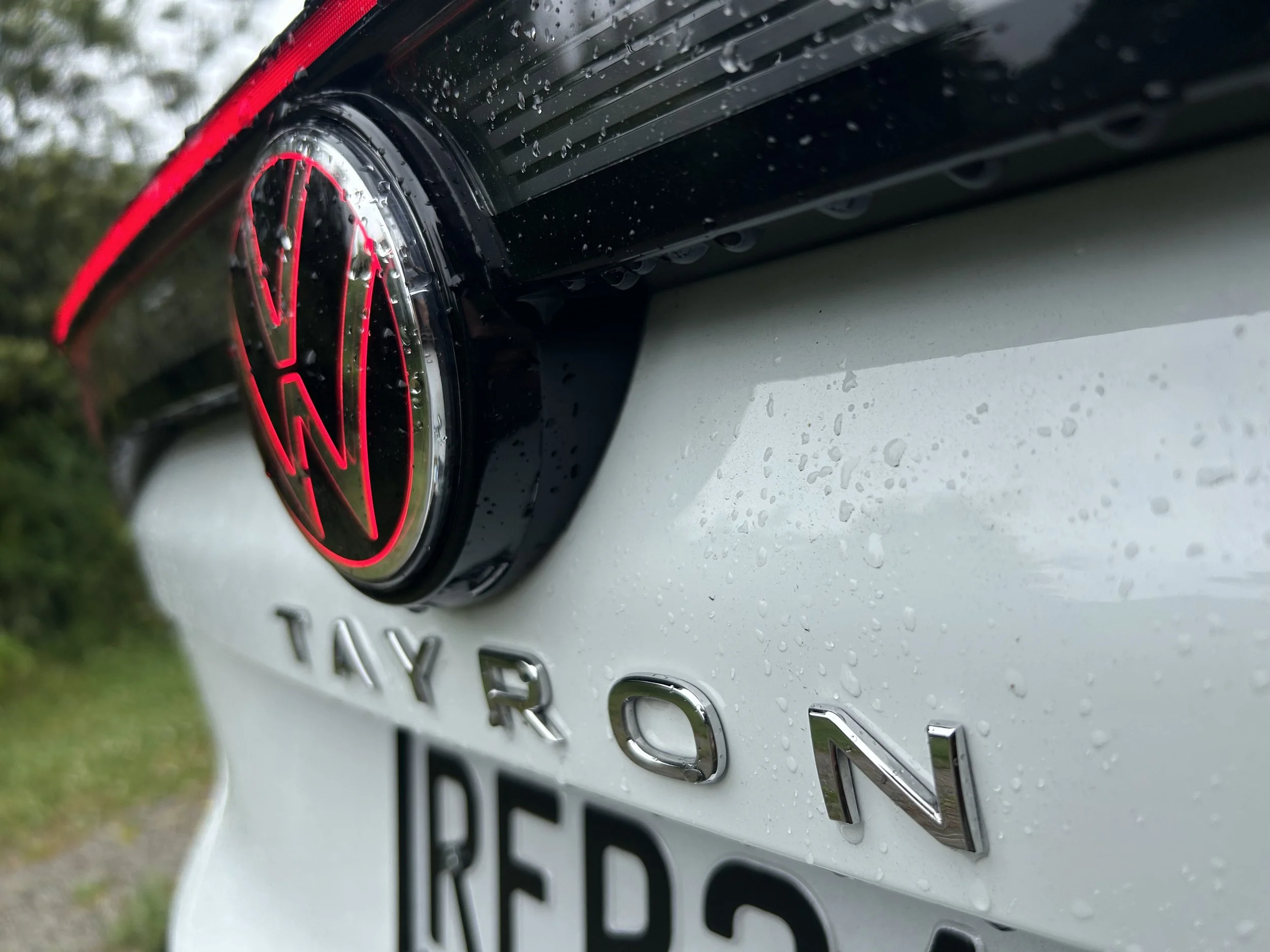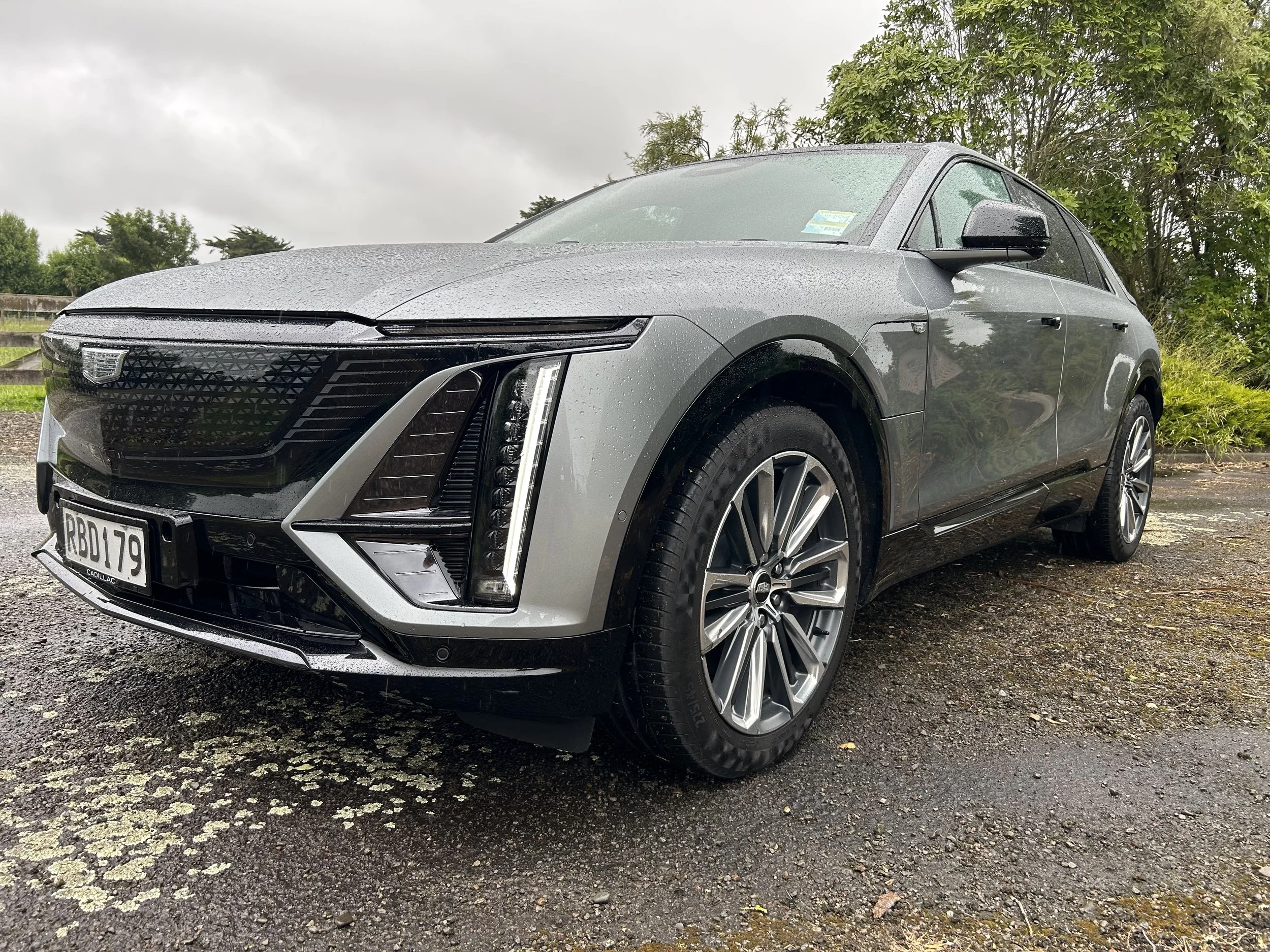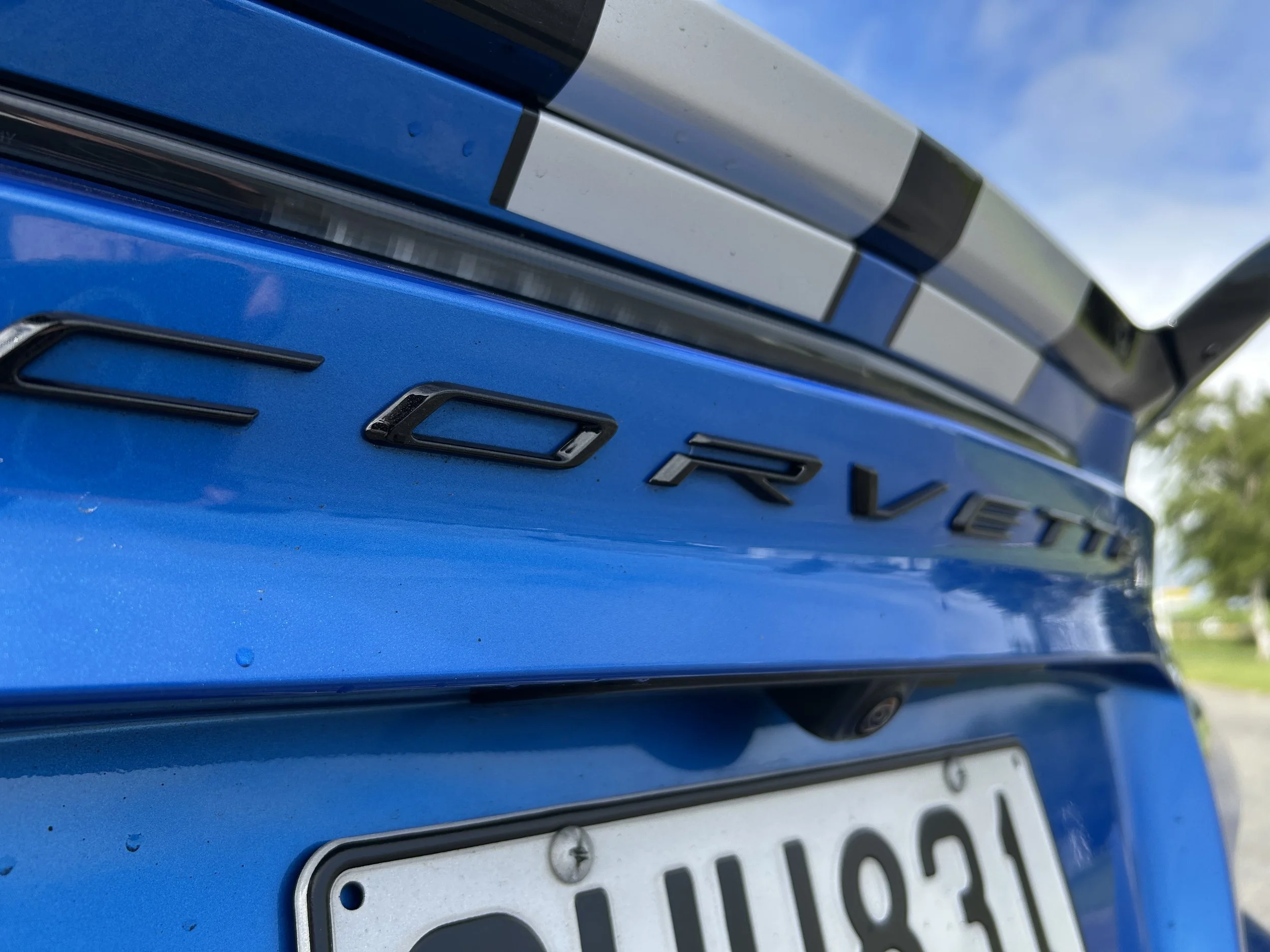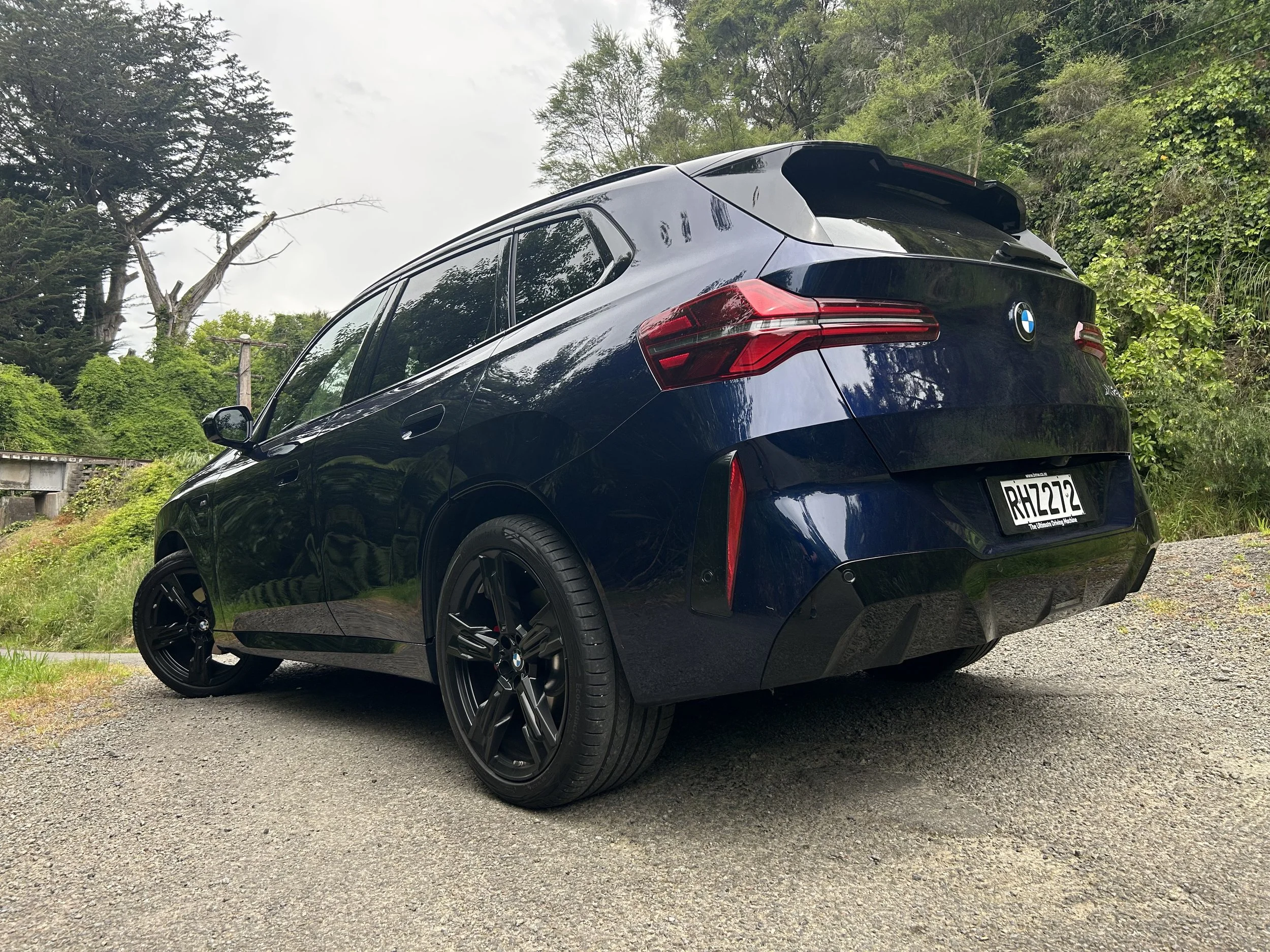Tough time for EV right time for e:N1
/Honda NZ is confident its just-landed electric will do okay despite the difficult market condition.
TIME to buy a new electric vehicle?
Although the sector is nowhere near the state of health it enjoyed during the 2021 through to 2023 period, interest is starting to spark up again. Albeit modestly.
New EV registrations having seen year-on-year increase is in itself no great positivity, because 2024 was a black period indeed.
Still, April counts show a significant jump compared to the same month of last year, and May might also generate some interest.
To say Honda New Zealand is utterly optimistic about this being the right time for it to launch the e:N1, its first electric here, is probably overstating things.
However, deputy general manager of sales Matthew Fong is confident the $52,000 five-seater crossover, effectively a battery-wed equivalent of its HR-V, has chance of doing well enough to warrant inclusion in an otherwise hybrid-electric lineup.
MotoringNZ: How confident is Honda NZ about this model finding a ready market, given the poor state of the EV sector at present?
Matthew Fong: While it’s true that the EV market has seen some recent challenges due to economic headwinds and policy shifts, we remain confident that there is a strong medium- to long-term opportunity.
The e:N1 arrives at a time when customers are seeking quality, reliability, and value, all of which Honda is known for. Our focus is on building awareness, educating the market, and supporting customers through the EV transition, not just pushing for immediate volume.
Motoring NZ: What level of take-up do you expect for this car?
Fong: We anticipate a measured but promising uptake for e:N1, particularly as New Zealand begins to stabilise economically and interest in electrified vehicles returns.
Our initial sales forecasts are conservative, given current market conditions, but we’re confident that the combination of Honda’s trusted brand, the e:N1’s competitive feature set, and our customer-first approach will support a solid introduction.
MotoringNZ: What percentage of buyers are likely to be existing Honda drivers?
Fong: “Based on historical patterns and current interest, we estimate that approximately 30–40 percent of early adopters will come from our existing Honda customer base.
These are loyal drivers who trust the brand and are looking for a logical next step into electrification—particularly those already familiar with our hybrid offerings.
MotoringNZ: If Honda owners are keen, what current models do you imagine they will transfer from—Civic, Jazz, CR-V, ZR-V and/or HR-V?
Fong: The Jazz and HR-V customer base is likely to form the core of the early adopters, as these models align closely in size, lifestyle needs, and pricing.
We also expect interest from Civic and ZR-V owners who are interested in downsizing slightly or seeking a more sustainable daily driver. The e:N1 presents a great stepping stone into EVs without compromising the Honda experience.
MotoringNZ: What other electric models are considered rivals for e:N1 and why?
Fong: The e:N1 competes primarily within the small SUV EV segment, with key rivals including the BYD Atto 3, due to its aggressive pricing and strong feature list, the MG ZS EV – (because it’s) one of the most accessible BEVs on the market - and the Hyundai Kona EV, because it has an established brand presence and is of comparable size.
What sets the e:N1 apart is that it’s a Honda first, EV second. That means it upholds the hallmark Honda driving dynamics, build quality, and technology, while embracing electrification in a balanced and approachable way.






